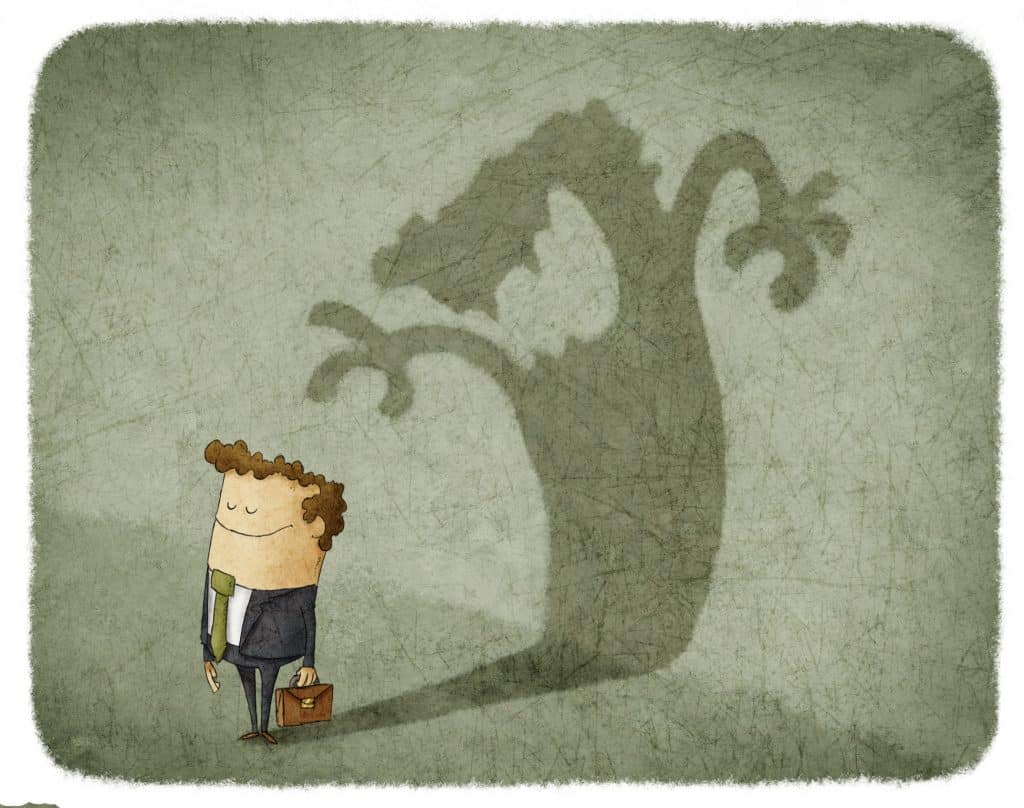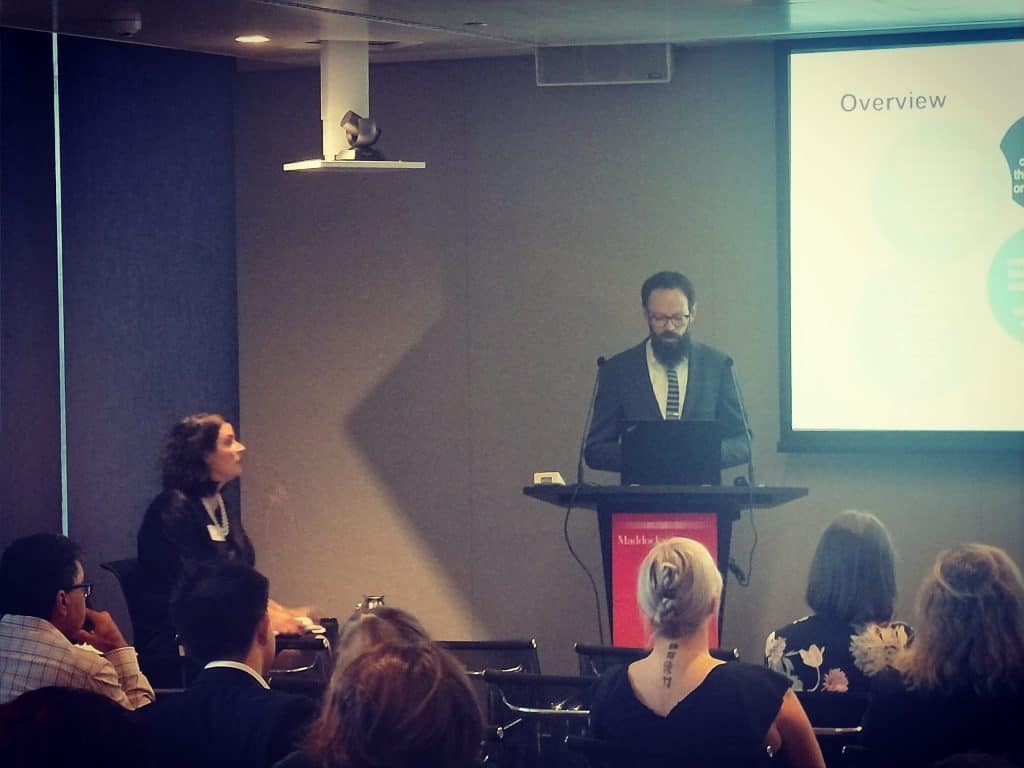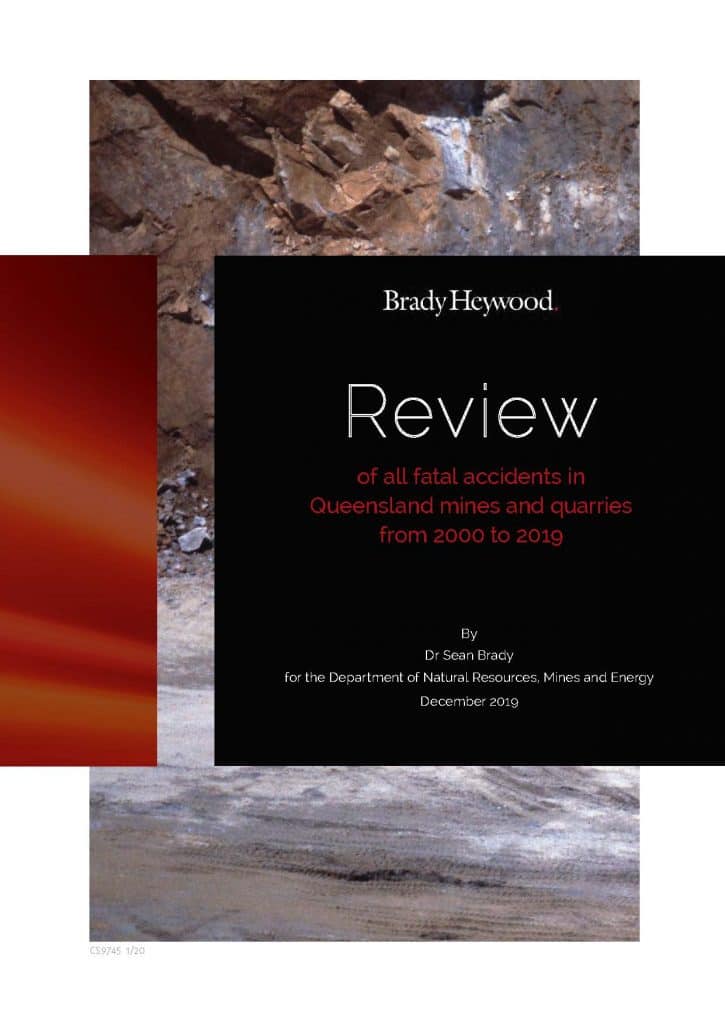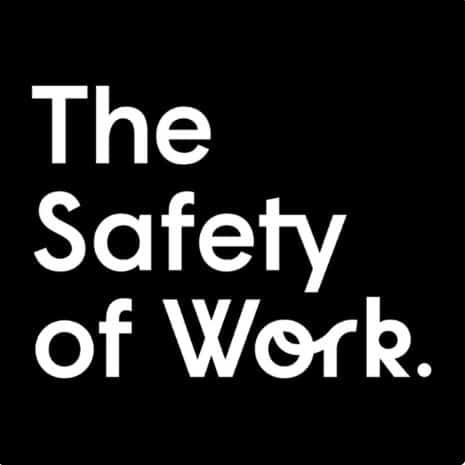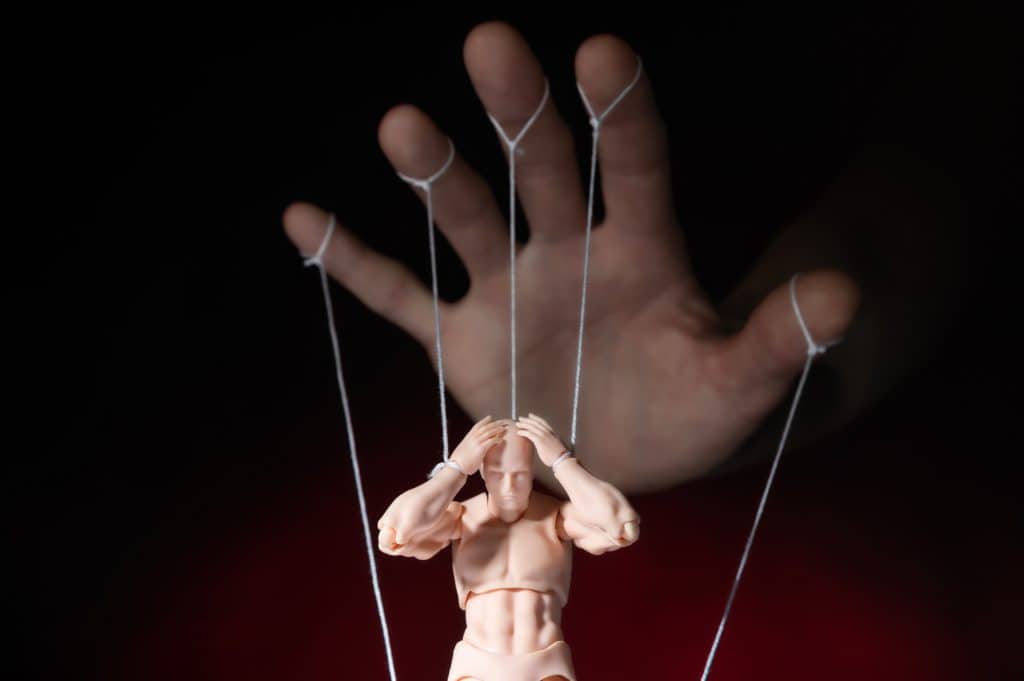
Australia is several years into a scandal of underpayment of workers referred to, by some, as wage theft. Occupational health and safety (OHS) would not normally figure in a wages and industrial relations (IR) scandal but the scandal has a legitimate OHS context.
The previous, and ongoing, scandals are not going to be summarised in this article as there are plenty of articles elsewhere in lots of different media but there is a common thread in many of the scandals. Workers are not being paid for some of the time they spend at work, work that is commonly described as unpaid overtime. This unpaid overtime extends the working day, for a variety of reasons, and OHS may not accommodate these additional hours (as they are “not official”) or OHS may be “stretched”, or risks downplayed.

